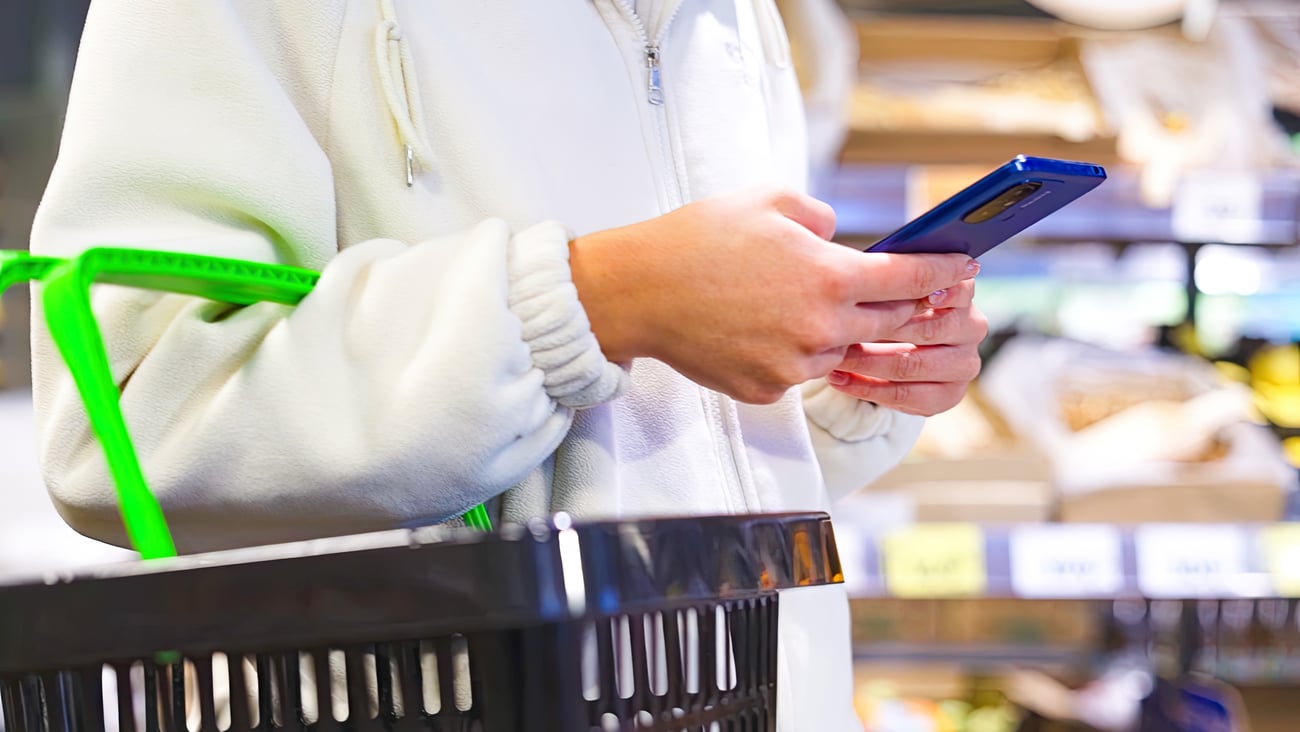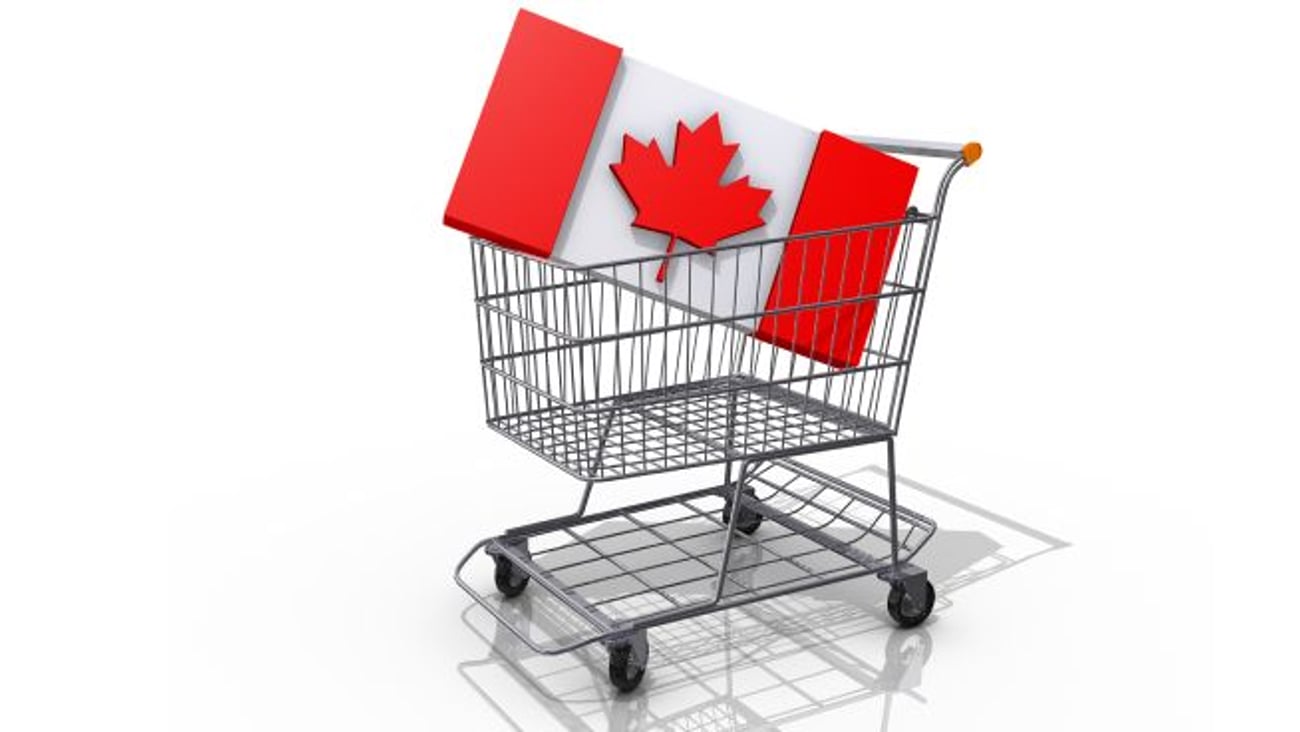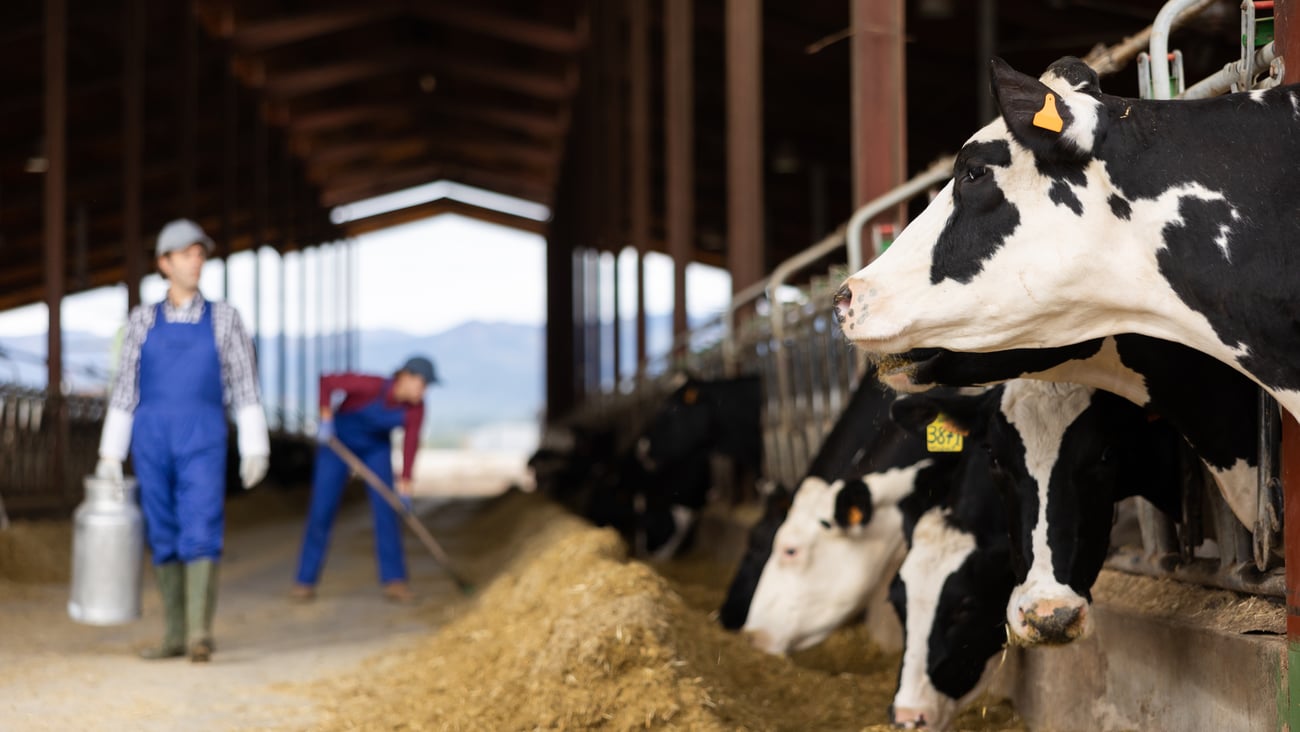The bitter truth about a sugar tax
In today's world, there is an undeniable push for the imposition of sugar taxes. A recently published study in June by the Journal of the American Medical Association has shed light on this issue, revealing the existence of 118 sugar taxes worldwide, including 105 national taxes and 13 subnational taxes, impacting 51% of the global population. It's worth noting that this approach receives substantial support from the World Health Organization (WHO).
Many citizens are already subject to this "sin tax" policy, primarily aimed at discouraging the consumption of sugar-rich food products. Over the past few years, some Canadian provinces have decided to follow suit.
Take, for instance, British Columbia, which introduced a 7% provincial sales tax on sugary beverages in April 2021. The primary goal of this measure was to dissuade consumers from purchasing high-sugar food products. However, to date, the British Columbian government has provided little substantial communication regarding the tangible outcomes of this tax, even after two years of implementation. There is a lack of reports or comprehensive assessments on the impact of this tax on the consumption of affected products.
Another Canadian province, Newfoundland and Labrador also implemented a sugar tax on beverages last year. However, unlike British Columbia, Newfoundland opted for a more subtle approach by imposing this tax at the manufacturer level rather than at the retail level. This tax came into effect on September 1, 2022, and has not yet undergone a thorough evaluation.
READ: Tax on sugary drinks begins in Newfoundland and Labrador, though not all are on board
One year after its implementation, the province's Department of Finance announced that this tax had generated $11 million in revenue over the past year, 22% more than anticipated. However, simultaneously, it is striking that the provincial government still cannot affirm whether the tax has truly achieved its intended objectives. Data regarding consumption or sales simply remains unavailable.
The province claims that these funds will be allocated to support initiatives such as a continuous glucose monitoring pilot program, a physical activity tax credit and the development of leisure, physical activity and sports. While these intentions are certainly commendable, it remains uncertain whether these funds will indeed be used to realize these initiatives.
READ: As more consumers prioritize health and wellness, grocers step up their offerings
Scientific studies reveal that municipalities that have implemented such taxes, particularly in the United States, have been more successful in fulfilling their expenditure commitments related to sugar taxes than other levels of government. Oakland, Philadelphia and Berkeley serve as good examples. However, some provinces or states may be swayed by other political priorities, and the collected funds may become entangled in the intricacies of public finances.
Ultimately, it appears that the sugar tax in Newfoundland and Labrador has had little impact on consumer habits. According to a study from the University of California to be published in October, only a fraction of the sugar tax imposed on manufacturers is passed on to consumers. Retail prices barely change, with most of the tax being absorbed by the supply chain. Moreover, available scientific evidence does not consistently demonstrate that sugar-sweetened beverage taxes have either encouraged increased purchases of healthier beverages or led to an overall reduction in the consumption of sugary drinks.
In essence, the government of Newfoundland and Labrador seems to have introduced this tax for the sake of taxation itself – an ill-conceived notion. For agri-food businesses, dealing with a moralistic state represents a significant risk, as they may fear becoming the target of punitive policies in the future, discouraging private sector investments. Newfoundland and Labrador is in dire need of investment.
READ: The power of on-package labels
Taxing food products in grocery stores, regardless of the method chosen, is a complex endeavour. The most effective tools for reducing sugar consumption are education and labelling. Education has already contributed to a decline in soft drink consumption in Canada since 1998 when per capita consumption was 117.4 litres, according to IBISWorld. Consumption was already declining before sugar taxes came along. Today, consumption stands at 48.4 litres per person – a remarkable difference. Furthermore, new rules for nutritional labelling, which will take effect in 2026, will compel manufacturers to affix a label to products high in sugar, fat, or sodium. This will provide consumers with relevant information to make healthier choices.
Taxing for the sake of taxation can open the door to state abuses. It is important to seek balanced and evidence-based approaches to encourage healthier dietary choices.





